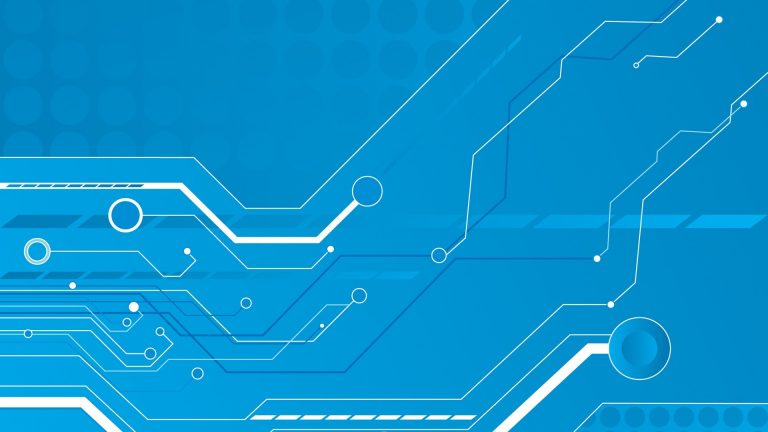
We all know very well that the tech giant Google has been working for at least two years on an operating system called Fuchsia. The project is handled with such discretion that it seems to be just a concept. But there is more and more evidence that the platform is being developed for a daring mission: completely replace Android and thus rid the tech giant Google of Linux and Java.
Google’s New Fuchsia OS Could Replace Android
The tech giant Google has been working for at least two years on an operating system called Fuchsia. The project is handled with such discretion that it seems to be just a concept. But there is more and more evidence that the platform is being developed for a daring mission: completely replace Android and thus rid the tech giant Google of Linux and Java.
The first information about Fuchsia came in 2016 when the tech giant Google started sending project codes to GitHub. In 2017, the first images of the project were revealed and showed previous Armadillo, the interface of the system. It made evident one of the main features of Fuchsia: to be compatible with different sizes of screens.
It is now known that, in fact, the tech giant Google’s goal is to have an operating system capable of not only running on smartphones and tablets but also on laptops as well (replacing Chrome OS also), smart speakers and other home devices. Theoretically, a single operating system is much easier to control and upgrade even in completely different devices.
Also read: How to Get MAC OS Mojave Features on Windows 10
Unlike Android, Fuchsia will not have Linux as its foundation. Apparently, the operating system kernel is being developed from scratch and will be called Zircon (the previous name was Magenta). A kernel of its own should have two advantages: to help the tech giant Google get rid of conflicts with Oracle over the use of Java and allow the company to have more comprehensive control over the platform.
It is to be expected, for example, that the tech giant Google will be able to make Fuchsia receive security updates faster, more accurately support voice recognition, and advanced features faster to stay competitive with iOS.
But this is a long-term plan. In addition to the technical issues, the tech giant Google needs to address the issue with manufacturers and developers. The first device with the Fuchsia should only be released in 2021 and, if nothing goes wrong, replacing Android in smartphones should take five years, the same is true for laptops as well.
Also read: How to Download Your Passwords in Google Chrome
So, what do you think about this? Simply share all your views and thoughts in the comment section below.

